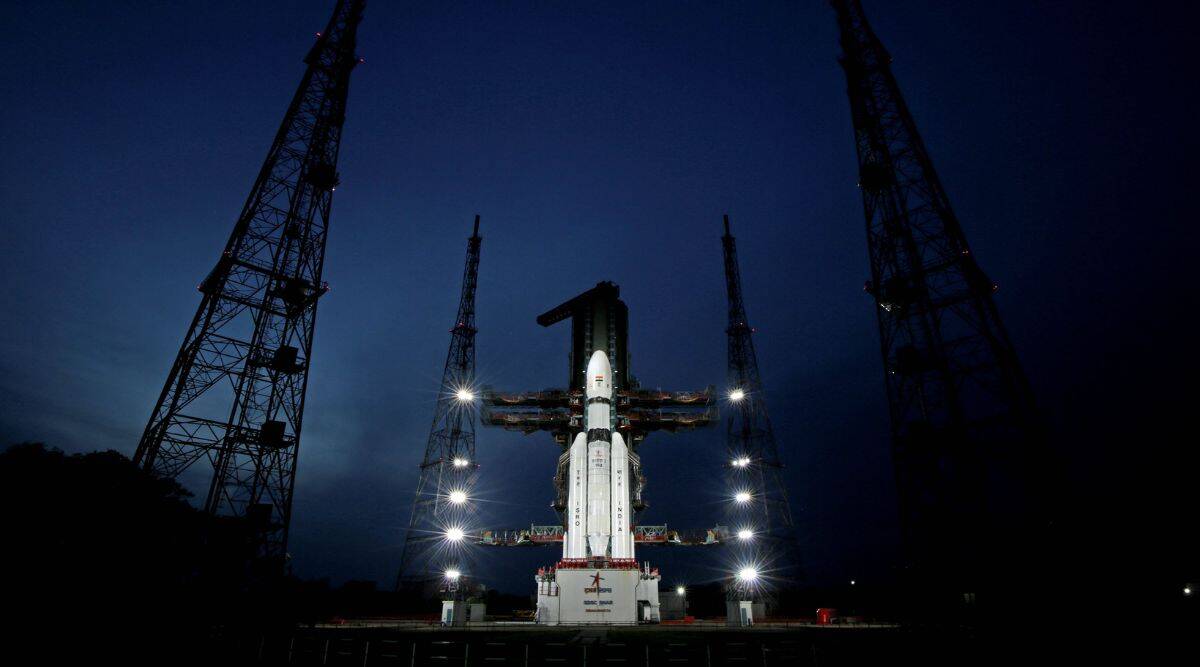Behind ISRO’s engineering thinking and some lessons for India’s startup ecosystem

What was Chandrayaan-3’s budget?
Well, a mere ₹ 615 crores.
What does 615 crores mean in today’s tech economy? Let’s look at some comparables.
Here is a quick data point from the well-funded consumer startups

Here is some more data point:

ISRO’s engineering thinking
Always-learning is how I’d describe that.
We tried to build one upon the other. What we learnt in the past, we used for the subsequent mission. In fact, what we developed nearly 30 years ago for the Polar Satellite Launch Vehicle is the same engine that is being used for the GSLV as well.
ISRO Chairman S. Somanath
This isn’t just engineering thinking, but also learning from the mistakes.
Thinking beyond IITs
While startups love the IIT tags, ISRO has been largely comprised of regional, unsung engineering college alumnis.
Nothing wrong or right here (actually there is!), but Shashi Tharoor puts it the right way
IITians went to Silicon Valley; CETians took us to the moon!

Beyond money
Frankly speaking: Let’s ask this question to startup employees:
Beyond money (and comfortable/entitled life), what do startups offer?
- A larger than life vision?
- An impact generations will remember?
In most cases, the answer is NO.
..There are no millionaires among ISRO scientists. They are not really bothered about the money but are passionate and dedicated to their mission. That is how we achieved greater heights.
ISRO Chairman S. Somanath / via Rediff
Now that ISRO has inspired an entire generation, time for the tech startup ecosystem to match up.
Let’s build global products, fly high and yet stay grounded – hopefully with less focus on inflating valuations and more on creating value.
And for a change, let’s stop saying to hiring candidates: ‘you are joining a rocketship’ – because the rocketships are owned by the scientists and the earlier we realize what we are building, it will be better for us and our next generations.




